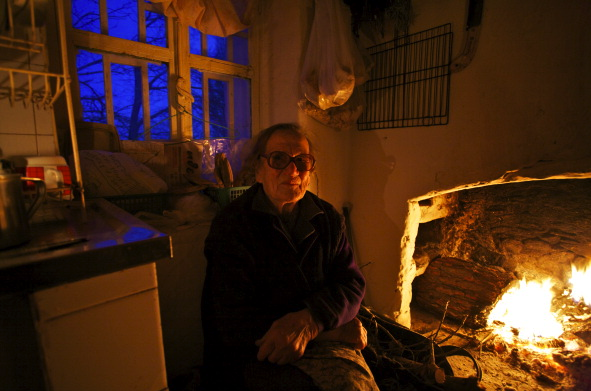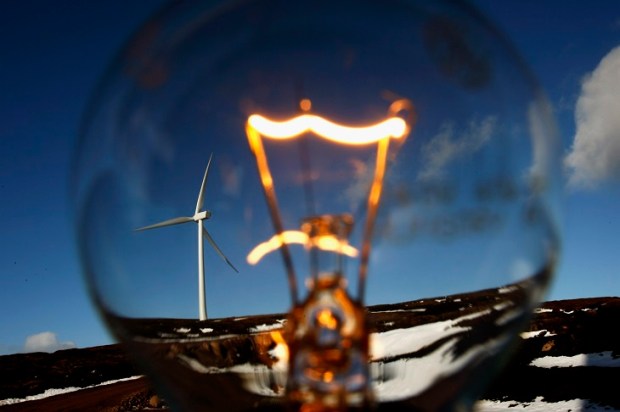“Where do you go?”
They are all older women, retirees from the federal and Territory public services, the ASO5 and 6 level officers who kept the wheels of government turning, carrying out the programs and watching their section heads and directors take credit for their work.
They’re not talking about where to eat lunch. They’re discussing where, and if they should, go to spend a few hours in heated premises to escape Canberra’s freeze where, this week temperatures dropped as low as minus seven.
One, recently ‘VR-ed’ (read voluntary retirement) still goes back to her old workplace, usually late morning, when the security guard who remembers her, gives her a nod and a smile, as she settles into one of the comfortable settees in the reception area. Another heads for that Canberra institution, the Southern Cross Club in Woden, where you can sit over the newspapers and a free coffee for half a day.
It’s an old government service tradition in Canberra that, when winter sets in, people start arriving at their desk early. It isn’t unusual to find a roomful of people working away by seven a.m. And if you rode your bike to work, braving the fog, or can convince your colleagues you have, you might even, without censure, be entitled to take a quick hot shower, courtesy of the taxpayer.
Public libraries in the national capital are now considered, by staff and patrons alike, to be ‘community centres’ where people come to read, use the computers, charge their phones and use the toilets. It’s where clients of the NDIS, escorted by carers, are brought, propped up in their wheelchairs to the computers or seated in deep armchairs by the magazine stands. Some, abandoned by their carers, shout incoherently for attention. Newly arrived migrants – Somalis, Iraqis, Syrians- jostle for the attention of the library staff, asking for translation assistance with various forms and declarations.
Our libraries, warm and welcoming, have a crowd at their doors before the 10 am opening. A couple of those outdoor heaters that restaurants use were given a try-out a week or so ago, but vanished after a day, considered to be too expensive in use. Still, as the Territory government has promised an upgrade for Woden public library, the heaters may re-emerge.
We are reaching a point where clean water and electricity are considered luxuries.
Retail electricity bills in the ACT will rise by around $333 a year for most families, the ‘typical households’ with a couple of kids and people who take hot showers and wash their clothes. And, of course, in winter, need their heating. Residential gas bills are expected to rise by around $247 on average, adding hundreds of dollars to power bills.
Wood stoves, once officially banned, now gravely disapproved of, are making a comeback. The wood-burning potbelly, once a feature of many Canberra homes, is now considered illegal, although Mick Gentleman, Canberra’s Acting Minister for the Environment, while Green Shane Rattenbury enjoys warmer climes, issued a plea for users of wood burners to use only dry, seasoned wood.
How, as ‘Macca’, perhaps the most-loved voice on ABC Canberra radio asked on Sunday morning, has it come to this in Australia?
That electricity, that most taken-for-granted household utility, has become something that only the affluent may be able to afford is frightening. That water may be rationed in households – by householders themselves, if not by authorities – because it has become expensive is alarming.
Living in Hong Kong in the late Sixties, when water pipelines were blocked by China during the madness of the Cultural Revolution, our Yau Yat Chuen apartment block was much visited, due to the fact that we, and our neighbours, had a well in the garden.
As a journalist in Jakarta, I had to remember to fill the large plastic tubs in the bathroom to cover our washing and drinking needs for the day, when the water was turned off for a couple of hours to conserve energy.
Australia’s cities including the National Capital may be headed for similar occurrences with the shutting down of coal-fired stations and unrealistic dependence on wind, solar and battery energy. This country is not –not yet- heading down that road. But it may soon do so.
Excuse me while I head to the local library to grab a seat before they’re all taken.
Got something to add? Join the discussion and comment below.
Got something to add? Join the discussion and comment below.
Get 10 issues for just $10
Subscribe to The Spectator Australia today for the next 10 magazine issues, plus full online access, for just $10.


























Comments
Don't miss out
Join the conversation with other Spectator Australia readers. Subscribe to leave a comment.
SUBSCRIBEAlready a subscriber? Log in